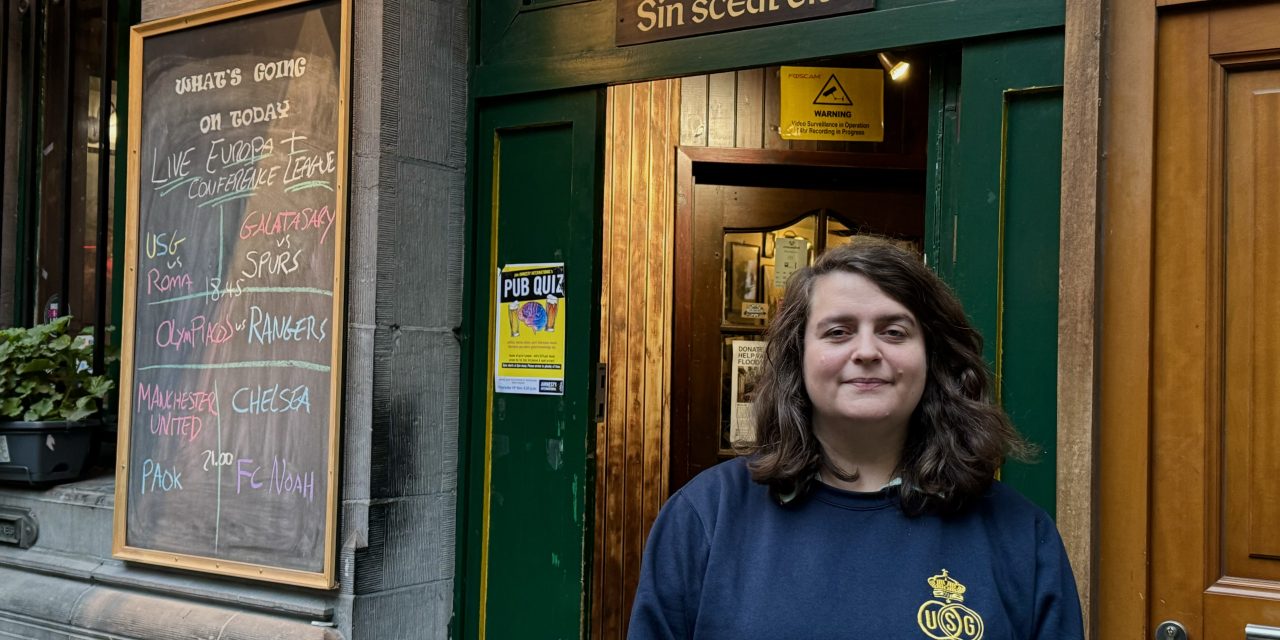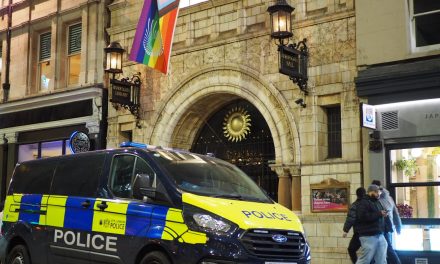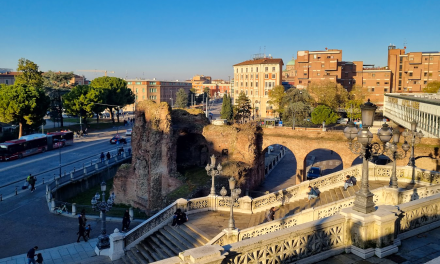The impact of Brexit on British nationals living in Brussels has gone beyond emotional adjustments; it’s reshaped their professional and residential landscapes. According to a report by the Expat Welcome Desk in Brussels, the number of British nationals moving to the city has dropped by over 70 percent since Brexit, with many existing residents now seeking dual nationality to secure their rights. “Most of my friends who stayed either secured a second nationality or went through extensive paperwork to remain legally recognized in Belgium,” Jessica notes.
Catherine Barnard, a leading EU law expert from the University of Cambridge, sheds light on the broader challenges Brexit has created for the British community in Brussels. “Brexit was a huge shock for UK nationals here,” Barnard explains. “Many didn’t anticipate its impact and have since turned to acquiring dual nationality or relying on family ties to secure their residency status.” Yet, even with these efforts, Barnard notes that British professionals often face a lasting perception tied to their nationality. “Their influence in EU institutions has decreased,” she adds. “Paradoxically, the UK now needs more people lobbying in Brussels, but the government hasn’t fully realized how much effort this requires.”
For Jessica, the shift has also affected her professional life. Previously, British nationals enjoyed a certain advantage in roles within EU institutions and international organizations. Now, many of those positions are closed to non-EU citizens. “English is still the working language here,” Jessica says, “but there’s no longer an automatic advantage for British citizens.” In her work as an agricultural consultant specializing in sustainable fertilization, Brexit has required her to adjust to Belgium’s post-Brexit regulatory framework. “I was working on EU projects for years, lobbying for regulatory support for circular fertilizers. Now, I had to realign my career to fit Belgium’s framework post-Brexit,” she explains.
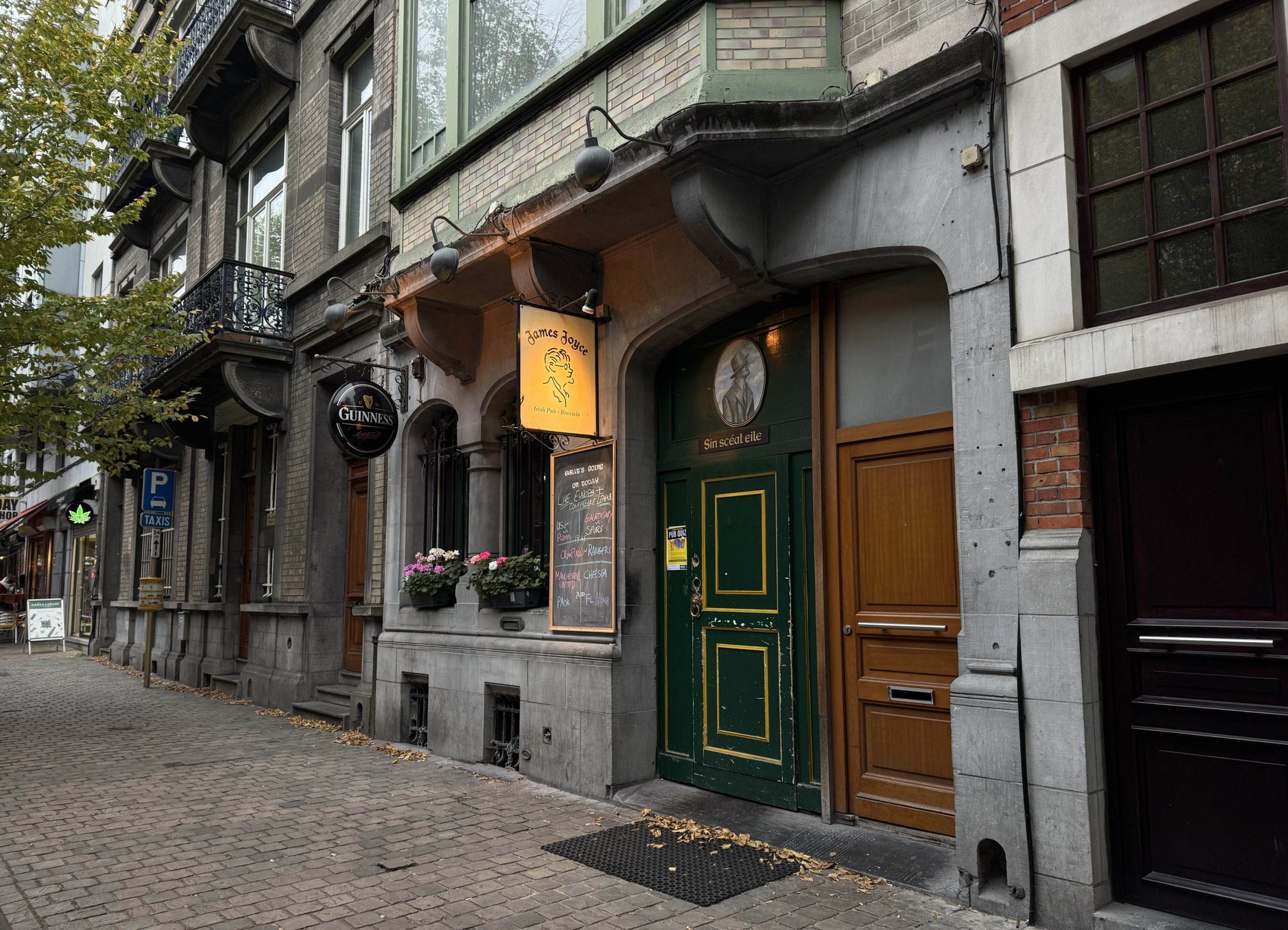

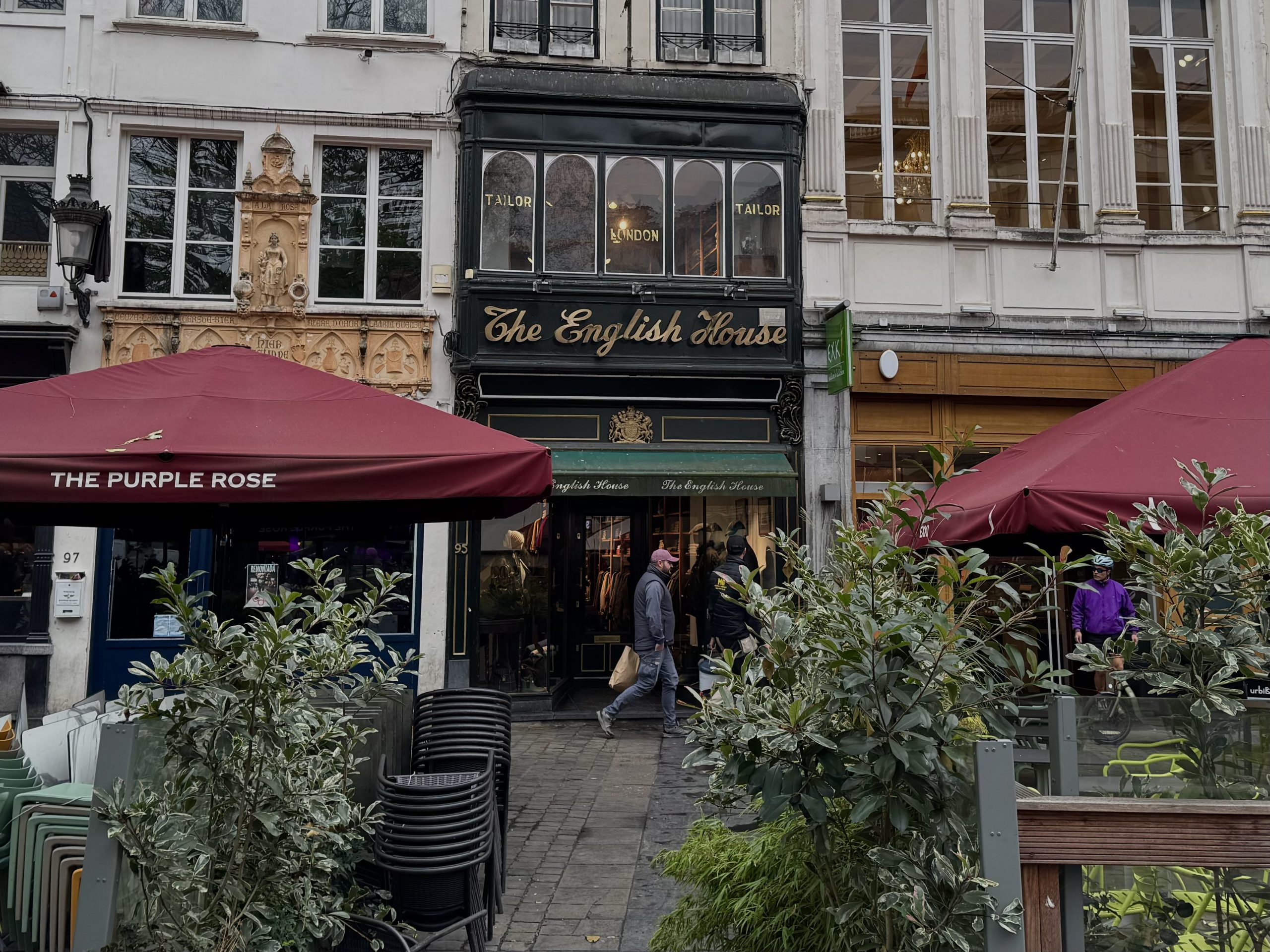
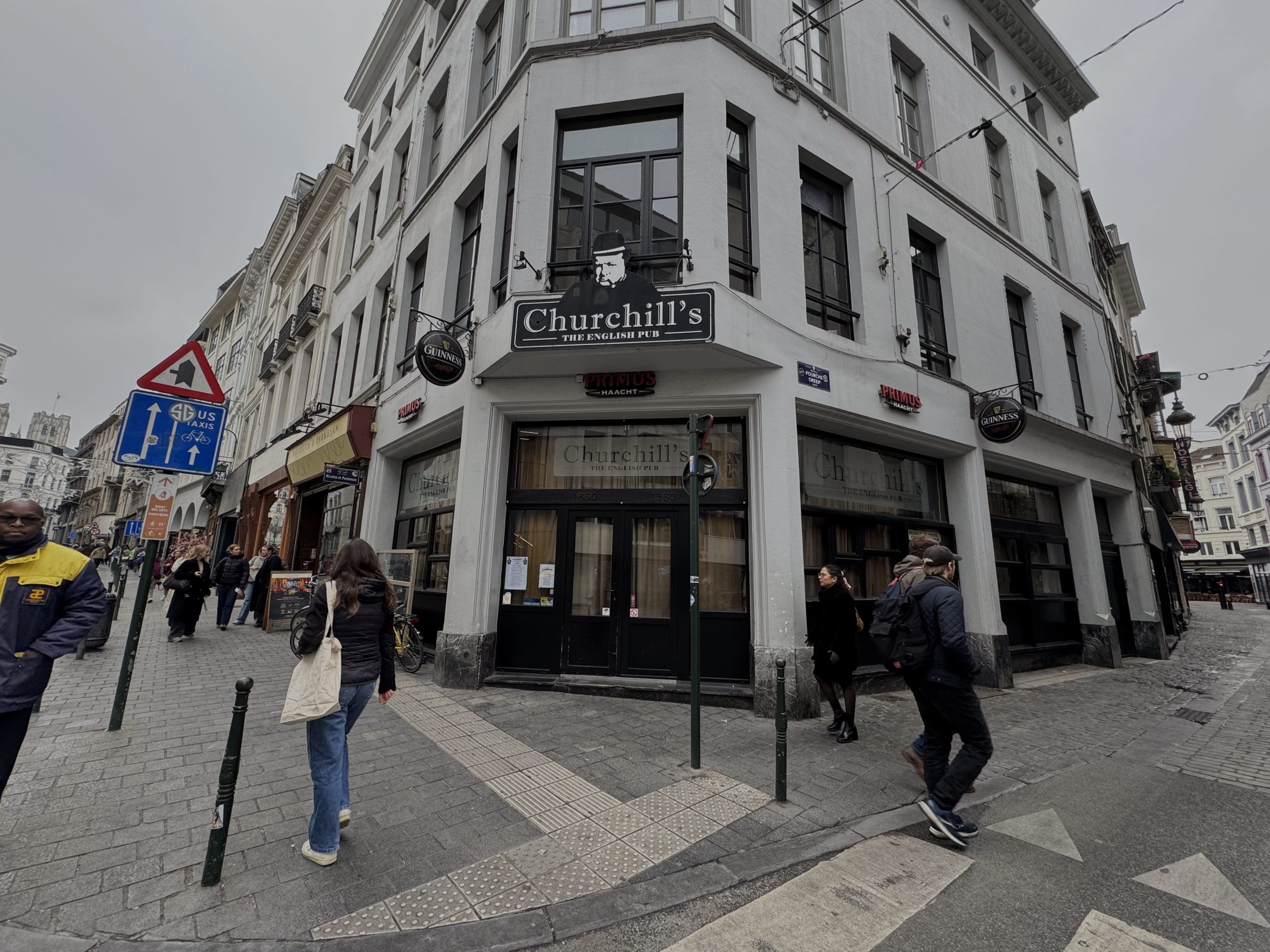
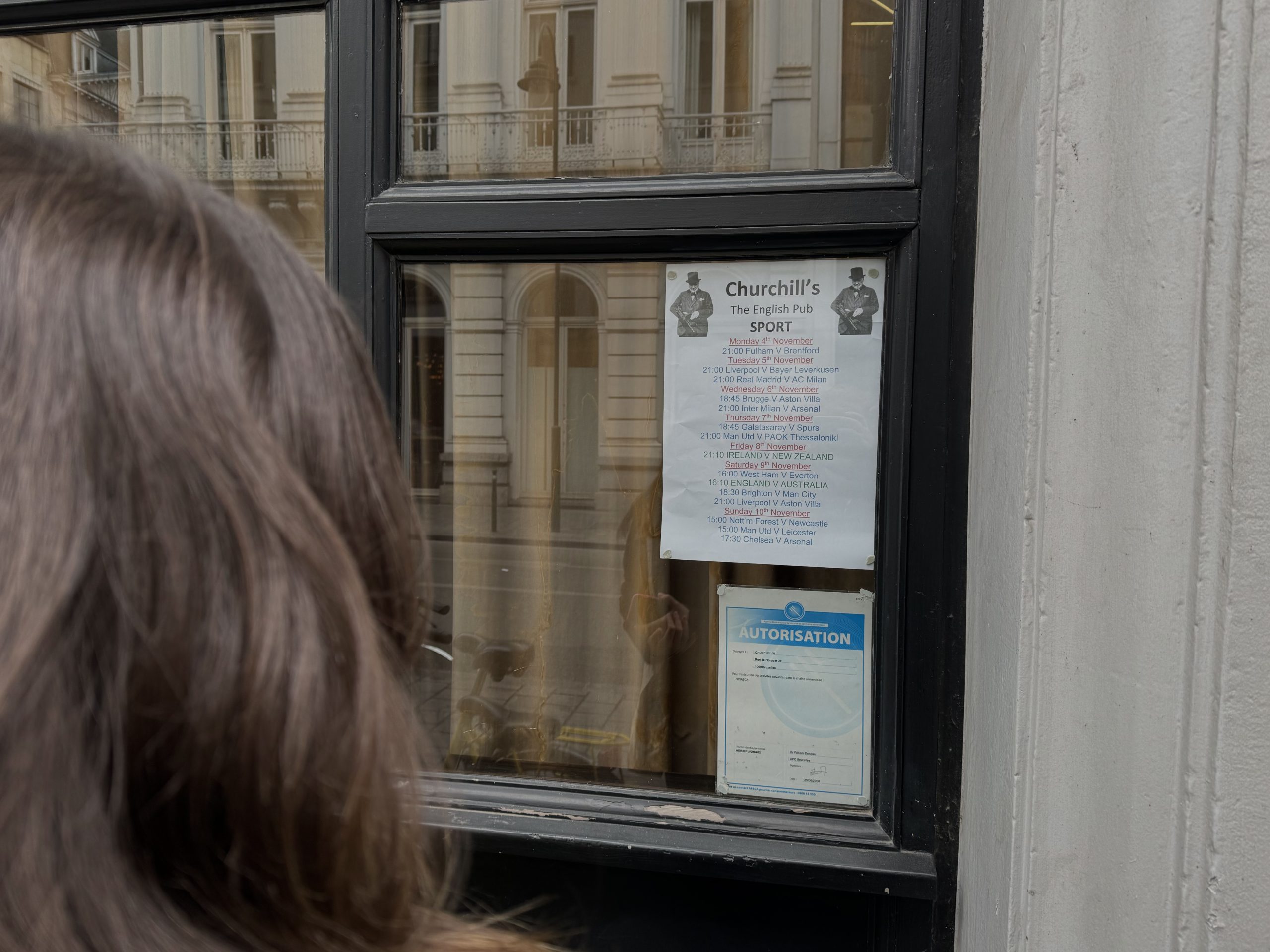
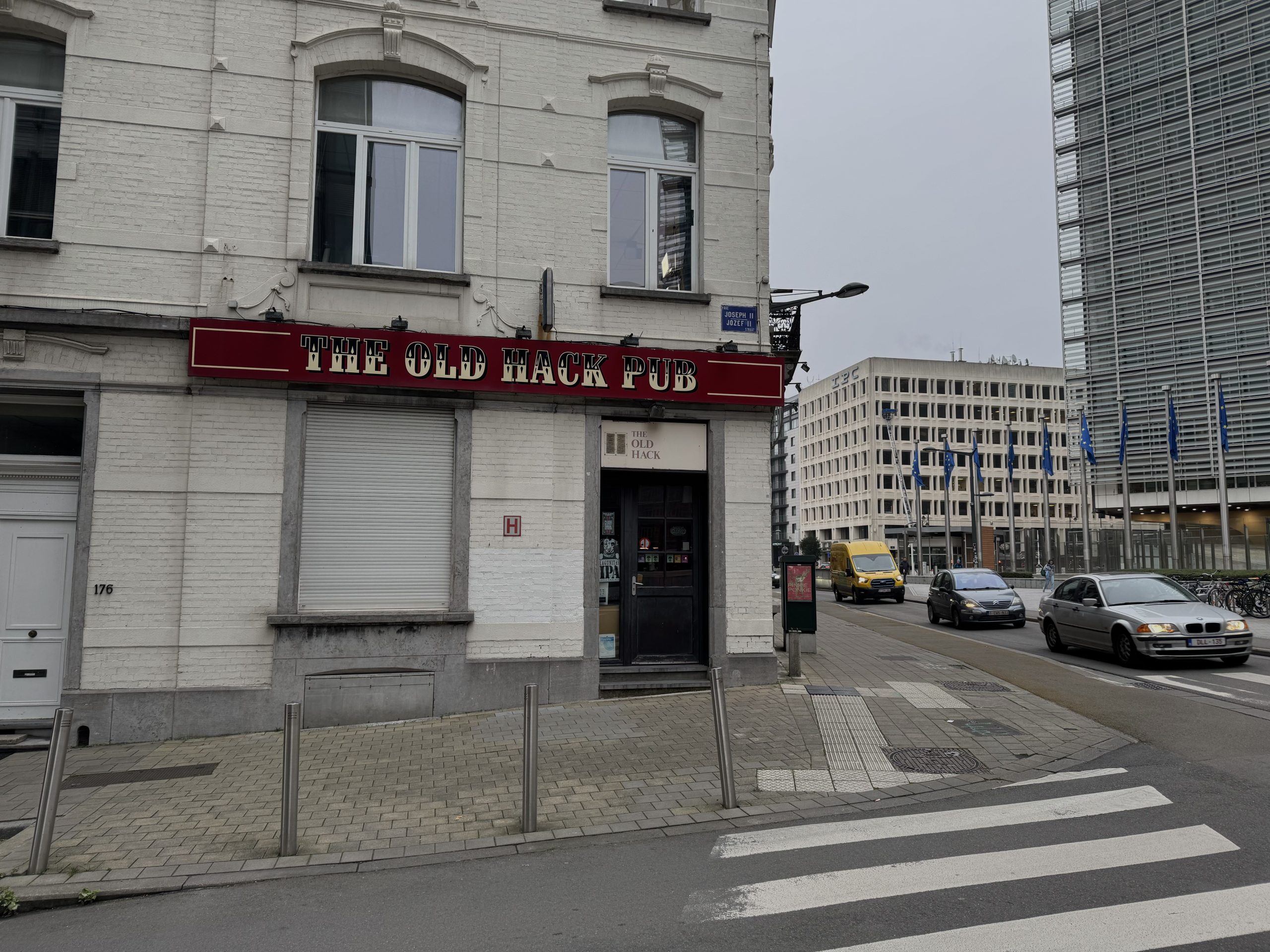
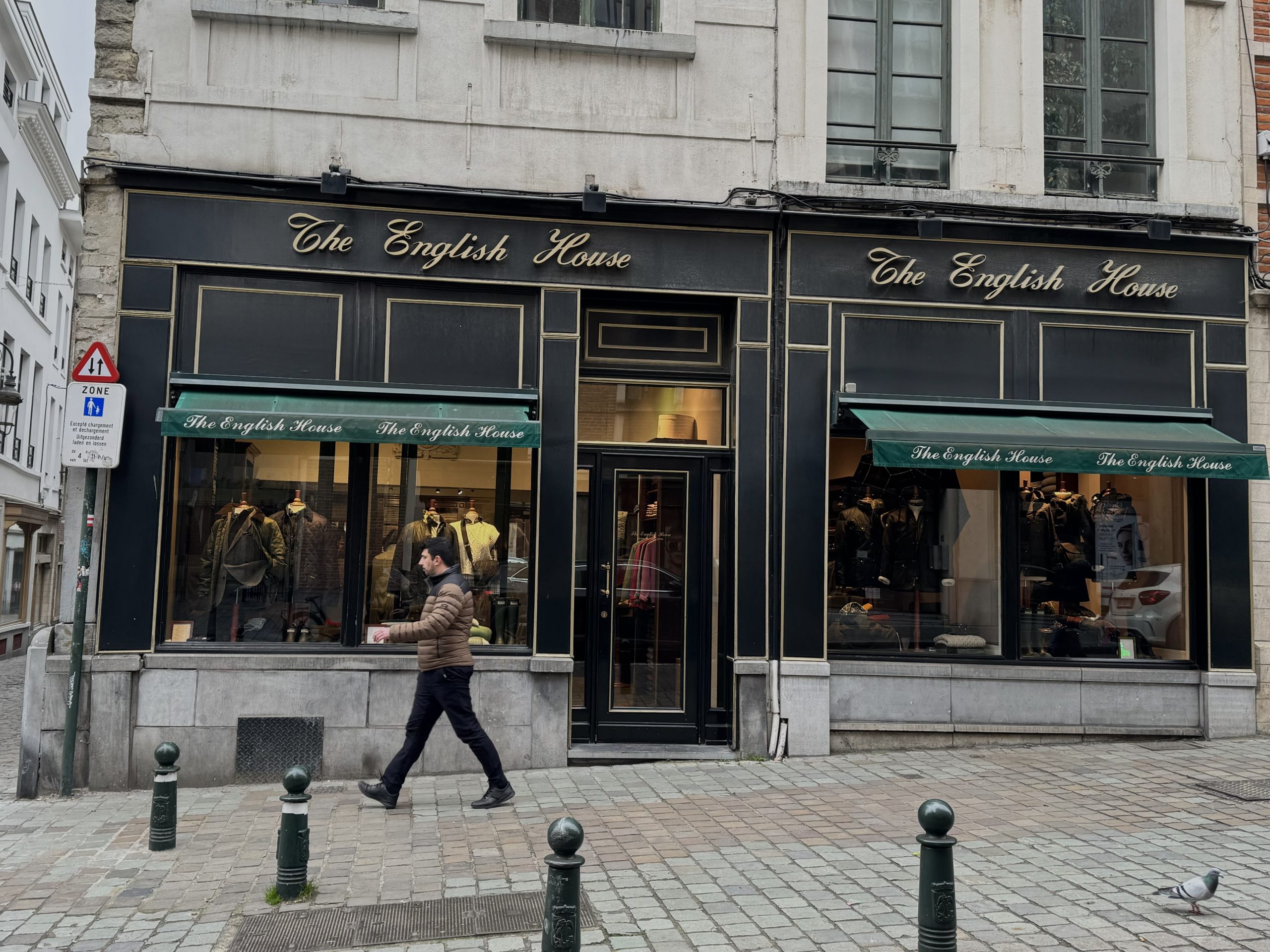

Catherine Barnard also highlights significant inconsistencies in how EU member states handle residency rights for British nationals, exposing gaps in post-Brexit policy implementation. “The UK set up the Independent Monitoring Authority (IMA) to oversee compliance with the withdrawal agreement,” Barnard explains. “But there’s no equivalent body within the EU27, leaving the European Commission to manage oversight—and they’re not doing the job terribly well.” She notes that monitoring residency policies across 27 countries is a formidable challenge, compounded by the relatively small number of British residents in the EU. “For example, Spain is required to grant 10-year residence permits to UK citizens but often only issues five-year permits, which then have to be renewed,” Barnard points out. These inconcistencies ignite frustration among British nationals, who feel their rights are inconsistently enforced across member states, creating yet another hurdle in their post-Brexit lives.
For Jessica and many in the British community, Brexit has also stirred deeper questions about identity and belonging. “For me, Brexit felt like a rejection—like we couldn’t be both European and British anymore,” she confides. Despite her commitment to her life in Brussels, she holds out hope that the UK might one day restore its ties with the EU. “If Britain rejoined, I’d want to be part of that movement,” she adds with conviction. Since Brexit, over 25,000 UK citizens have acquired Belgian nationality, a step many saw as essential to securing their future within the EU. Jessica explains, “For a lot of us, getting Belgian nationality wasn’t something we’d ever planned, but it became necessary almost overnight. It was the only way to protect our rights and stay connected to Europe.”
For those considering a move to Brussels, Jessica has simple advice: “Do your research and be prepared. Brussels is welcoming, but it’s a different landscape now.” While the journey for British citizens in Brussels has become more challenging, she believes it remains a city full of career potential and an English-speaking community that continues to thrive despite the political shifts.
